3:40 — Andy Sernovitz introduces Seth Miller, Turner Broadcasting System’s Digital Marketing Director.
3:41 — Seth highlights TNT, TBS, and TCM as the networks he’ll cover in his presentation.
3:42 — Seth: I’m going to go out on a limb and say the killer app here for social media is people.
3:44 — Seth says his social media platform consists of four things for Turner, beginning with “self expression.”
3:47 — Seth: Before 2004, TBS was the Superstation. And we were trying to position ourselves as very funny, and so we saw an opportunity with political blogs, which were very hot.
3:48 — Seth says they set up a bunch of blog ads for “Vote Carrie” (a reference to Sex and the City’s character) — but they weren’t able to convert it to anything because it was a blog in name only.
3:50 — Seth: So, listening was one of the first things we learned.
3:51 — Seth’s second key to the social media platform is “creativity.” Seth uses the show “Leverage” as an example, and says a lot of fans were doing creative things on YouTube about the show. Seth reached out to a particular fan who put up a video, and said the fan inspired the people who created the show.
3:52 — Seth’s third fundamental of social media is “community.” Seth says they’re looking at existing communities and looking to help those communities do what they want to do.
3:54 — Seth: People are already creating these communities, so we don’t need to reinvent the wheel on this. If we’re really listening, we should take our cues from what they’re doing.
3:55 — Seth says fans of “The Closer” wanted to meet in person. The community’s message board said they wanted to meet together in Atlanta, and Turner’s marketing group reached out to them and offered to take them on a tour. They kind of came back and said that’s cool and all, and we’d like to make time for that, but the important thing is that we’d like to get together and do what we want to do.
3:56 — Seth: The main point – social media really is about the people, as much as we’d like to make it about us sometimes.
3:57 — Seth’s final key regarding social media platform is “collaboration.” Seth says the audience often knows best about how to find new fans or how to reach them, and so it’s a huge opportunity to collaborate with these experts.
3:57 — Seth: It’s not how loud you can be, it’s how targeted you can be. It’s about reaching the people who matter most. You’re going to get scale because people are going to pass along stuff.
3:58 — Seth says one of their main missions in social media is to encourage good behavior. Seth says it’s easy to do by highlighting great content, such as “retweets” on Twitter or “likes” on Facebook.
4:00 — Seth says one of the things we should be doing in social media is moving people along the chain of hierarchy to ensure their needs are met. This is an effort to turn fans who like you into fans who love you.
4:01 — Seth says that social media should be an opportunity to tell those fans ‘thank you’ for all the things they do, which make what you do that much more awesome.
Q&A
Q: You said that you use Twitter lists to reward fans – what’s the response been, and how does it work?
A: I’ll be honest, it’s fairly new. But thus fair, people are really excited. I think for anyone to be acknowledged by a brand they love is exciting. People have gone so far as to ask to get on a particular list based on their tweets.
Q: TBS has some pretty significant brands, and the stuff you talked about was with specific brands instead of about TBS as a whole. How do you balance your fans, such as on TCM, for example?
A: TCM is a great example, because it’s been historically commercial free, and it has a big cult following. Lately, TCM has been releasing their own Top 5 lists, and getting fans engaged. Seth says that TCM has had some of the most vocal fans, and says that they differently treat those fans in special ways.
Q: We live in a little world of a marketing fishbowl. How much are you guys thinking about the FTC disclosure rules? Do you think a lot of the industry is?
A: I think we’ve given it a lot of thought, because our shows rely regularly on heavy press and traditional print and traditional journalists. So, in specific to how we use social media to maybe get folks to review, yes we think hard about conforming to FTC standards. When we send folks screeners or invite them to invents, we take precautions to ensure they disclose that if they choose to talk about those events.
Q: Could you describe the resource mix that you have as far as executing your strategy? What percent is external, or internal? How about the employee breakdown?
A: It’s a very large collaboration between our marketing groups and our PR groups. Specifically, timing wise, Facebook still gets the majority of our time. Twitter, even though we have a different number of followers, it’s still very much a show-based strategy. Turner has a lot of people touching social media, and most of them are tied to the listening portion of it.
Q: You talk about encouraging good behavior. How do you staff that? How do you teach people to encourage good behavior.
A: Everyone has had a really horrible customer service experience. All I have to say is that you’re representing this show, this network, and all you have to say is: Don’t be a dick. People want to know that there’s another human being on the other end. Seth says he had his phone number on the Twitter account, and he got two calls, and both were to ensure he was a real person.
Q: What has the response been from the content creators regarding fan-generated content?
A: It depends on the show. Some actors and producers are really in to it, while others aren’t.


